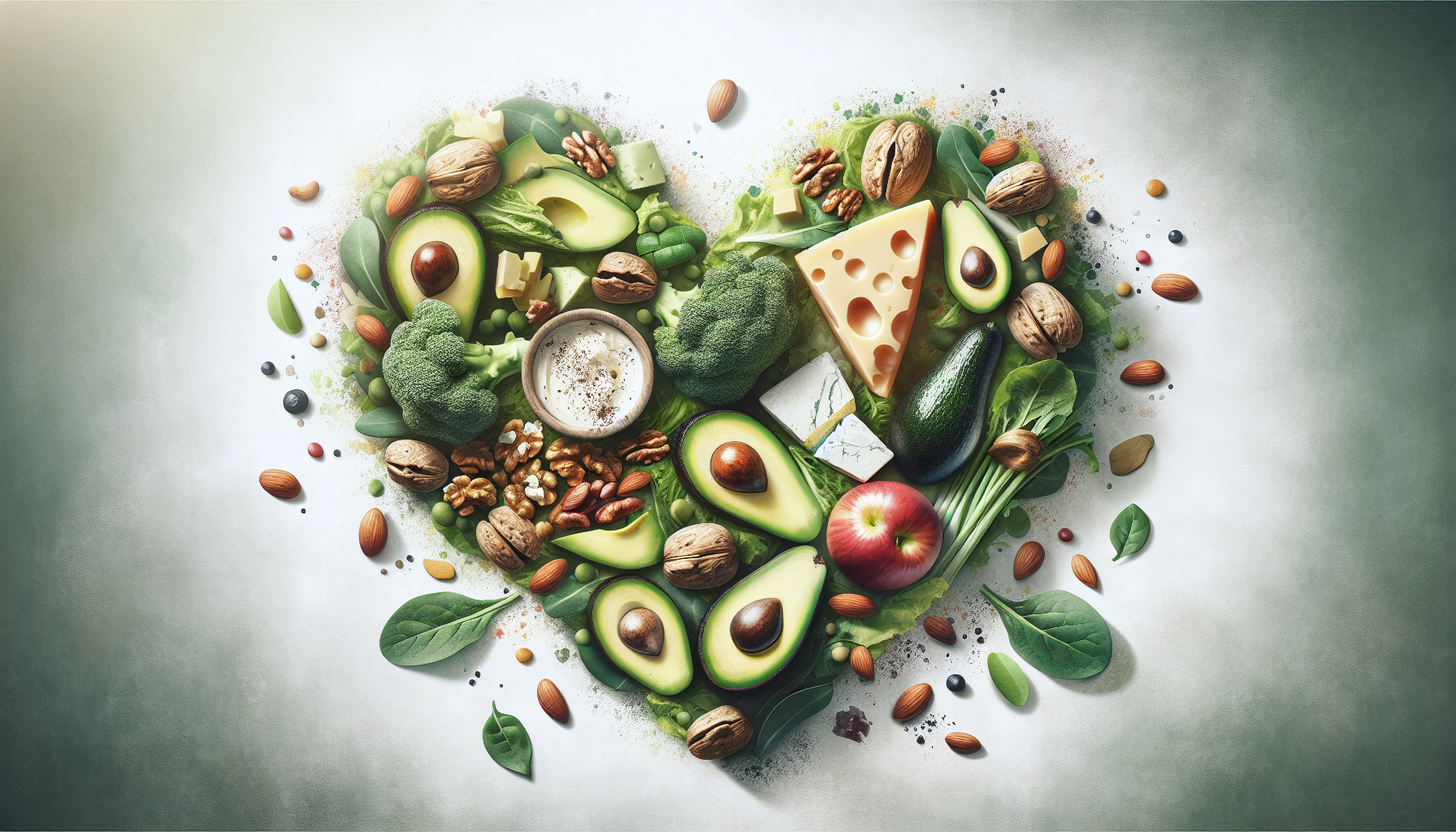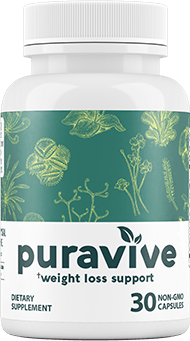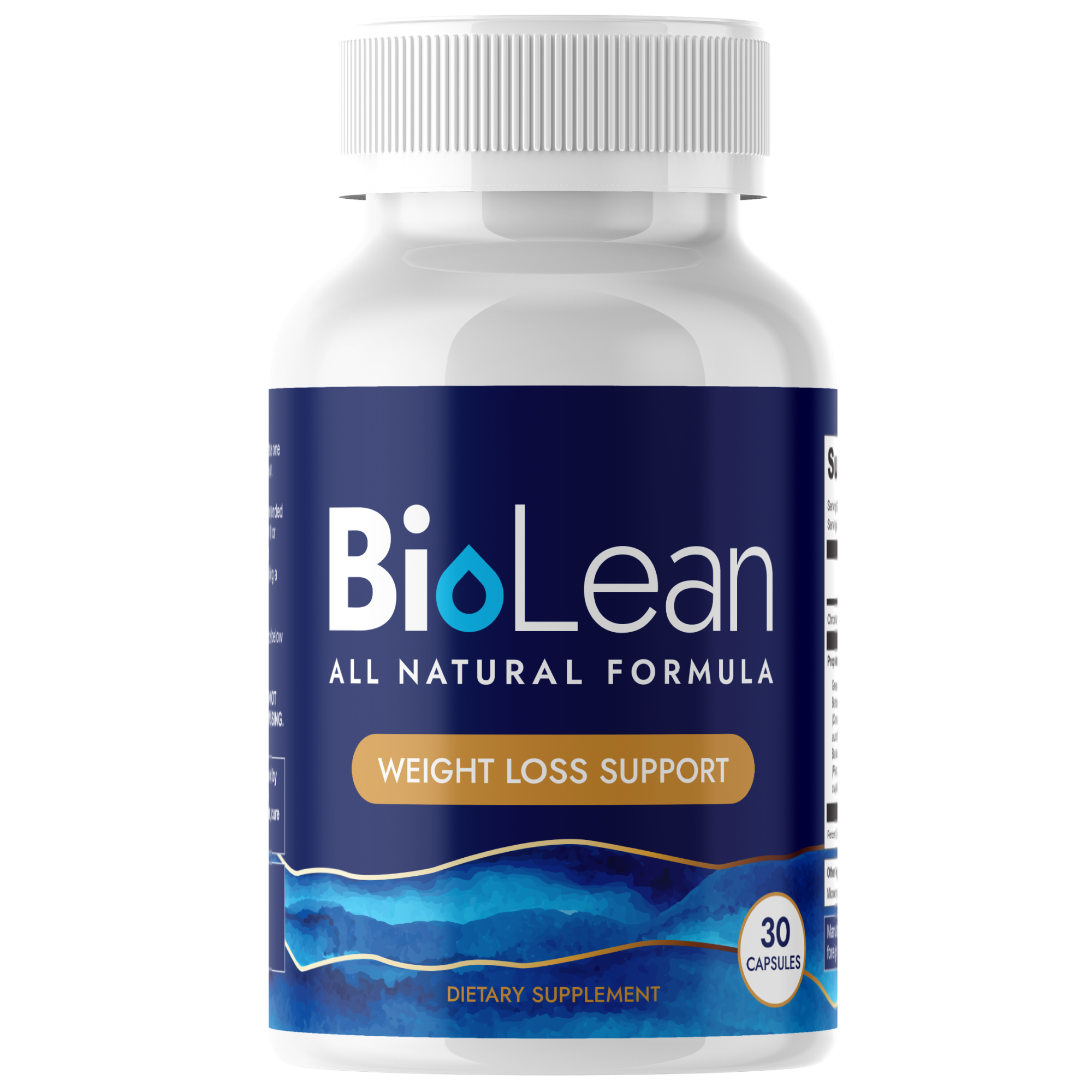
Embarking on a keto journey often comes with a swirl of questions, especially regarding how this high-fat, low-carb lifestyle impacts your heart health. You might be curious about the relationship between the keto diet and cholesterol levels. Inflammation, weight loss, and dietary fat intake are all factors that intertwine with your cholesterol profile. Understanding this connection is crucial as you tailor your meals to fuel your body while effectively managing your cholesterol for long-term wellbeing. Let’s explore how staying keto could influence the numbers behind your heart health.
Understanding the Keto Diet
The ketogenic, or ‘keto’, diet is a high-fat, moderate-protein, low-carbohydrate eating plan that has gained popularity as a weight loss and health optimization strategy. Let’s explore how this diet works and the types of foods it includes.
Principles of Ketogenic Eating
Ketogenic eating revolves around shifting your body’s primary energy source from glucose, derived from carbohydrates, to ketones, which are produced from stored fat. By significantly reducing your carbohydrate intake and filling up on fats, your body enters a metabolic state known as ketosis. In ketosis, your body becomes incredibly efficient at burning fat for energy.
Types of Keto Diets
There’s not just one way to do keto. You might have heard about several variations, such as the standard ketogenic diet (SKD), which is very low in carbs, moderate in protein, and high in fat. There’s also the cyclical ketogenic diet (CKD), which involves periods of higher-carb refeeds. The targeted ketogenic diet (TKD) allows you to add carbs around workouts, and the high-protein ketogenic diet is similar to the standard but includes more protein.
Macro Nutrient Ratios: Fat, Protein, Carbs
On a typical keto diet, your calories usually come from approximately 70-80% fat, 20-25% protein, and 5-10% carbohydrates. For someone consuming 2,000 calories per day, that’s about 165 grams of fat, 75 grams of protein, and 40 or fewer grams of carbohydrates.
Typical Foods Consumed on a Keto Diet
When you’re on a keto diet, you’ll primarily eat foods like meats, fatty fish, eggs, butter and cream, cheese, nuts and seeds, healthy oils, and some low-carb veggies. Foods that are high in carbs, like most fruits, grains, legumes, starchy vegetables, and sweets, are substantially limited or avoided altogether.
Cholesterol Basics
Cholesterol is a waxy substance found in your blood, which is vital for the body’s proper functioning, but its balance is key to health.
Functions of Cholesterol in the Body
Cholesterol plays a critical role in your body, contributing to the structure of cell membranes, hormone production, and the formation of vitamin D and certain digestive bile acids.
Types of Cholesterol: LDL vs. HDL
Cholesterol travels through your bloodstream in lipoproteins. Low-density lipoprotein (LDL) is often referred to as ‘bad’ cholesterol because high levels can lead to plaque buildup in your arteries and result in heart disease. High-density lipoprotein (HDL) is dubbed ‘good’ cholesterol as it helps remove other forms of cholesterol from your bloodstream.
Importance of Cholesterol Balance
Maintaining a healthy balance between LDL and HDL is crucial for preventing heart disease and stroke. A desirable cholesterol profile includes low levels of LDL and higher levels of HDL.
Factors That Influence Cholesterol Levels
Your cholesterol levels can be influenced by factors such as diet, weight, physical activity, genetics, age, and certain health conditions.

Jenna Hamra / Pexels
The Relationship Between Keto Diet and Cholesterol
Let’s dive into how the ketogenic diet may affect your cholesterol levels.
How Ketogenic Diets Affect Cholesterol Levels
When you adopt a keto diet, the change in your eating habits can impact your cholesterol levels. For some, it may lead to improvements in cholesterol profile, but for others, there could be negative effects.
Impact on LDL (Bad) Cholesterol
The response of LDL cholesterol to a keto diet varies among individuals. Some people experience a rise in LDL due to the high intake of saturated fats, whereas others may see their LDL levels decrease or remain unchanged.
Impact on HDL (Good) Cholesterol
Many individuals on a keto diet experience an increase in HDL cholesterol levels, which is beneficial for heart health, as HDL helps transport cholesterol away from your arteries and towards the liver for excretion or reuse.
The Role of Triglycerides in Ketogenic Diets
Keto diets often lead to a reduction in triglycerides, a type of fat found in the blood, which is another positive change in one’s lipid profile.
Potential Benefits of Keto on Cholesterol
The ketogenic diet can have several positive effects on cholesterol and heart health when followed correctly.
Improvement in HDL/LDL Ratio
The keto diet can improve the HDL/LDL ratio in some individuals, which might decrease the risk of cardiovascular diseases.
Reduction in Triglycerides
Lower triglyceride levels are commonly seen in individuals following a ketogenic diet, possibly reducing the risk of heart disease.
Increased Particle Size of LDL Cholesterol
Some research suggests the keto diet may increase the particle size of LDL cholesterol, making it less likely to contribute to plaque formation in the arteries.
Positive Effects on Metabolic Syndrome
Since the keto diet can improve features of metabolic syndrome, such as obesity and high blood pressure, it may contribute to better heart health.
Possible Risks and Considerations
Though there can be benefits, it’s important to be mindful of potential risks.
Risks of Elevated LDL Levels
For some, the keto diet raises LDL cholesterol, which could increase heart disease risk if levels become too high.
Long-term Effects on Heart Health
The long-term impact of a high-fat diet on heart health is not fully understood, and some health experts remain cautious.
Concerns for People with Pre-existing High Cholesterol
Individuals with pre-existing high cholesterol levels should approach the keto diet with caution and under medical supervision.
Importance of Medical Supervision
Due to the potential risks of elevated cholesterol levels, it’s essential to follow the keto diet under the guidance of healthcare professionals.
Scientific Studies on Keto and Cholesterol
Research is ongoing, and scientific opinions continue to evolve.
Recent Research Findings
Recent studies have shown mixed results, with some individuals experiencing improved cholesterol profiles and others seeing negative changes.
Controversies and Debates in Scientific Literature
There are debates within the scientific community regarding the sustainability and health impact of the keto diet, particularly on cholesterol and cardiovascular health.
Limitations of Current Studies
Many studies on keto and cholesterol are short-term, have small sample sizes, or lack control groups, limiting their conclusiveness.
Need for Long-term Research
Long-term research is necessary to fully understand the impact of the ketogenic diet on cholesterol and heart health.
Individual Responses to Keto Diet
Personal responses to keto can vary significantly.
Genetic Factors and Cholesterol Response
Your genetic makeup can influence how your cholesterol levels respond to the keto diet.
Variability in Dietary Absorption and Metabolism
Differences in how your body absorbs and metabolizes foods can affect your individual response to a keto diet.
Influence of Lifestyle and Exercise
Your activity level and lifestyle choices, including exercise habits, also play a significant role in your cholesterol levels while on a keto diet.
Monitoring Personal Cholesterol Levels While on Keto
It is important to regularly monitor your cholesterol levels when following a ketogenic diet to ensure they stay within a healthy range.
Adjusting the Keto Diet for Cholesterol Management
It’s possible to fine-tune the keto diet to better manage cholesterol levels.
Incorporating Healthier Fats
Opting for unsaturated fats from sources like avocados and olive oil over saturated fats can influence cholesterol levels positively.
Role of Fiber in Managing Cholesterol
Consuming enough fiber, which can come from low-carb vegetables, may help manage cholesterol levels.
Adapting Keto for a Mediterranean Approach
Blending the keto diet with principles of the Mediterranean diet, which is rich in healthy fats and low in processed foods, can be beneficial for cholesterol.
Keto-friendly Foods that May Lower Cholesterol
Foods like fatty fish, which are high in omega-3 fatty acids, can support lower cholesterol levels even while on a keto diet.
Medical Perspectives on Keto and Cholesterol
Medical experts have varied views on the keto diet’s effects on cholesterol and heart health.
Cardiologists’ Views on the Keto Diet
Some cardiologists may be skeptical of the long-term safety of the keto diet for heart health, while others may recognize potential benefits.
Endocrinologists’ Insights on Metabolic Health
Endocrinologists may focus on how the keto diet affects metabolic health and insulin sensitivity, which can indirectly influence cholesterol.
Primary Care Physicians’ Recommendations for Patients
Primary care physicians may recommend the keto diet to certain patients but call for close monitoring of cholesterol and heart health indicators.
Dietitians’ Nutritional Guidelines Concerning Keto
Dietitians may provide tailored advice on how to follow a keto diet while minimizing risks and optimizing cholesterol levels.
The Future of Keto and Cardiovascular Health
The keto diet continues to be an area of dynamic research and discussion regarding cardiovascular health.
Emerging Trends in Nutritional Science
Nutritional science is ever-evolving, with ongoing research into how diets like keto impact health beyond weight loss.
The Role of Personalized Nutrition in Cholesterol Control
Personalized nutrition, which tailors dietary approaches to individual needs, may become more prominent in managing cholesterol with a keto diet.
Potential Innovations in Keto Food Products
As the popularity of keto grows, we can expect to see further innovation in keto-friendly food products that support heart health.
Predictions for Keto Diet’s Longevity and Popularity
The keto diet may continue to be popular, especially if long-term research supports its safety and efficacy in managing cholesterol and promoting cardiovascular health.



